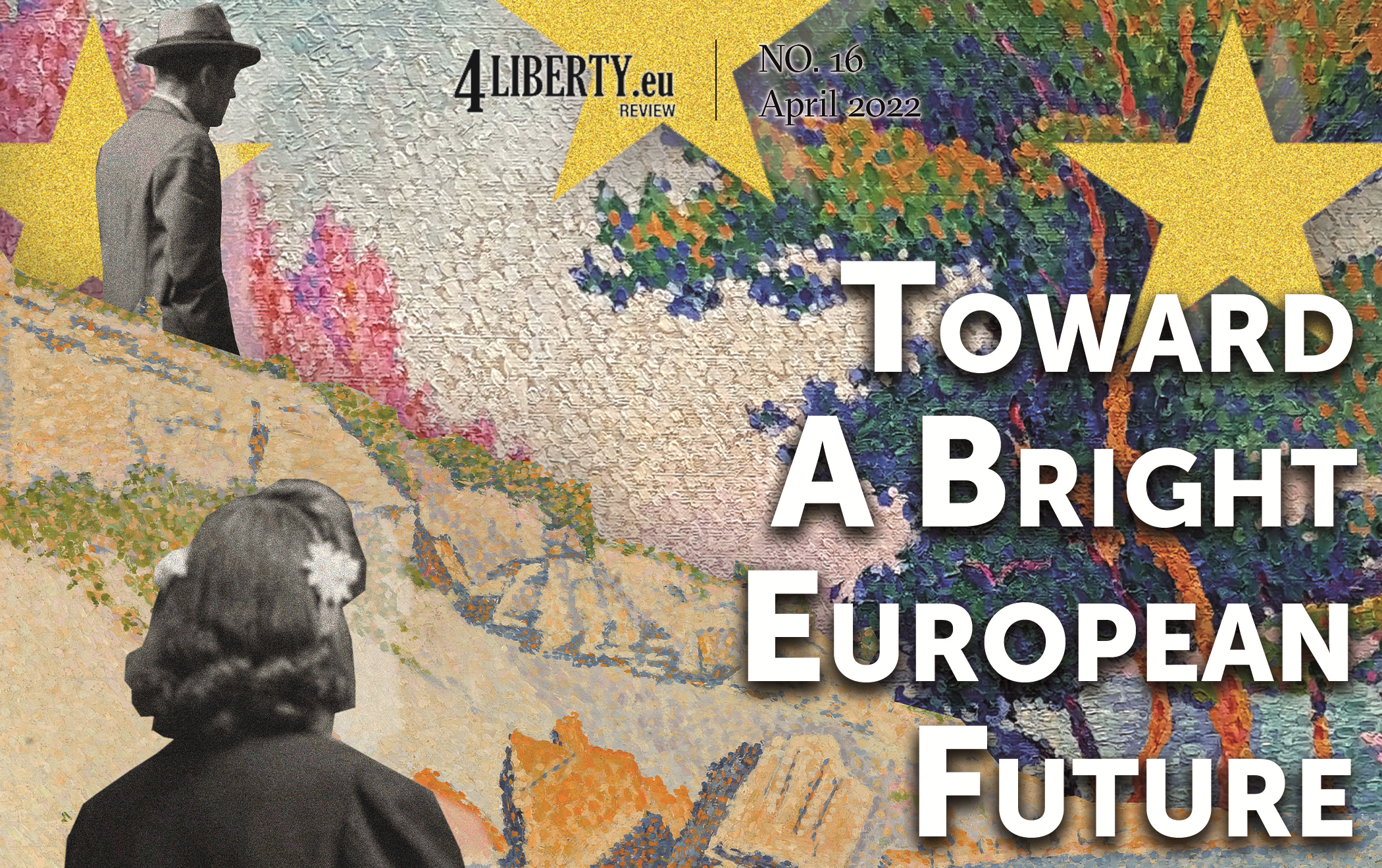
At the time of writing this article, a brutal military aggression by Russia on Ukraine is underway. How this war will end is still unclear, although Russian military superiority is evident, and NATO – in order to avoid a third world war – is not engaging in a direct fight against Russia. Nevertheless, Western nations are granting military support to Ukraine, and early assessments of a quick Russian military victory in a “Blitzkrieg” have proven to be unfounded.
Irrespective of the final outcome of this war, however, Vladimir Putin’s decision to attack a sovereign European country seems to have cemented Western cohesion on the old continent – both rhetorically and practically. The depth of new sanctions against Russia are unprecedented. It remains to be seen how effective these sanctions are going to be, but the direction is clear: Europe speaks almost with one voice.
Download full article:
JÁNOS KÁRPÁTI_PUTIN’S UNINTENTIONAL CONTRIBUTION TO A FEDERAL EUROPE-updated
This phenomenon will have an inevitable impact on the ideas of the European future as well. Those favoring deeper integration and unity in a more federal Europe – especially those who say there is an urgent need for a really common European foreign, security, and defense policy – are going to have fresh arguments against the advocates of a Europe of sovereign nations when they hint at the Russian threat.
Nevertheless, the war in Ukraine cannot be considered as the single turning point in the rivalry between these two concepts: it only strengthens a trend – or eventually even crowns a process – which can be observed since the elections to the European Parliament in 2019, when Eurosceptic parties performed below their expectations and the hopes of Hungarian Prime Minister Viktor Orbán to build a strong group of rightist parties on the European level were crushed.
Illiberalism and Euroscepticism
Viktor Orbán plays a unique role in the struggle between the two main European concepts mentioned above, which, with some simplification, can be referred to as integrationist and Eurosceptic concepts. PM Orbán’s narrative of sovereign European nations is connected with his illiberal state slogan and, what is even more important, with his illiberal practices.
Western European Eurosceptic forces are not in power at the present time and the upcoming French presidential election does not foretell a change either. Being in opposition, these forces evidently do not advocate the weakening of checks and balances and do not say they would undermine the rights of minority groups, the rule of law, or the foundations of liberal democracy. They criticize (and sometimes even attack) the Brussels bureaucracy and say more power should remain in the competence of member states. Their concerns are largely related to the handling of migration, reflecting a strong opposition to the alleged multiculturalism of Brussels.





















